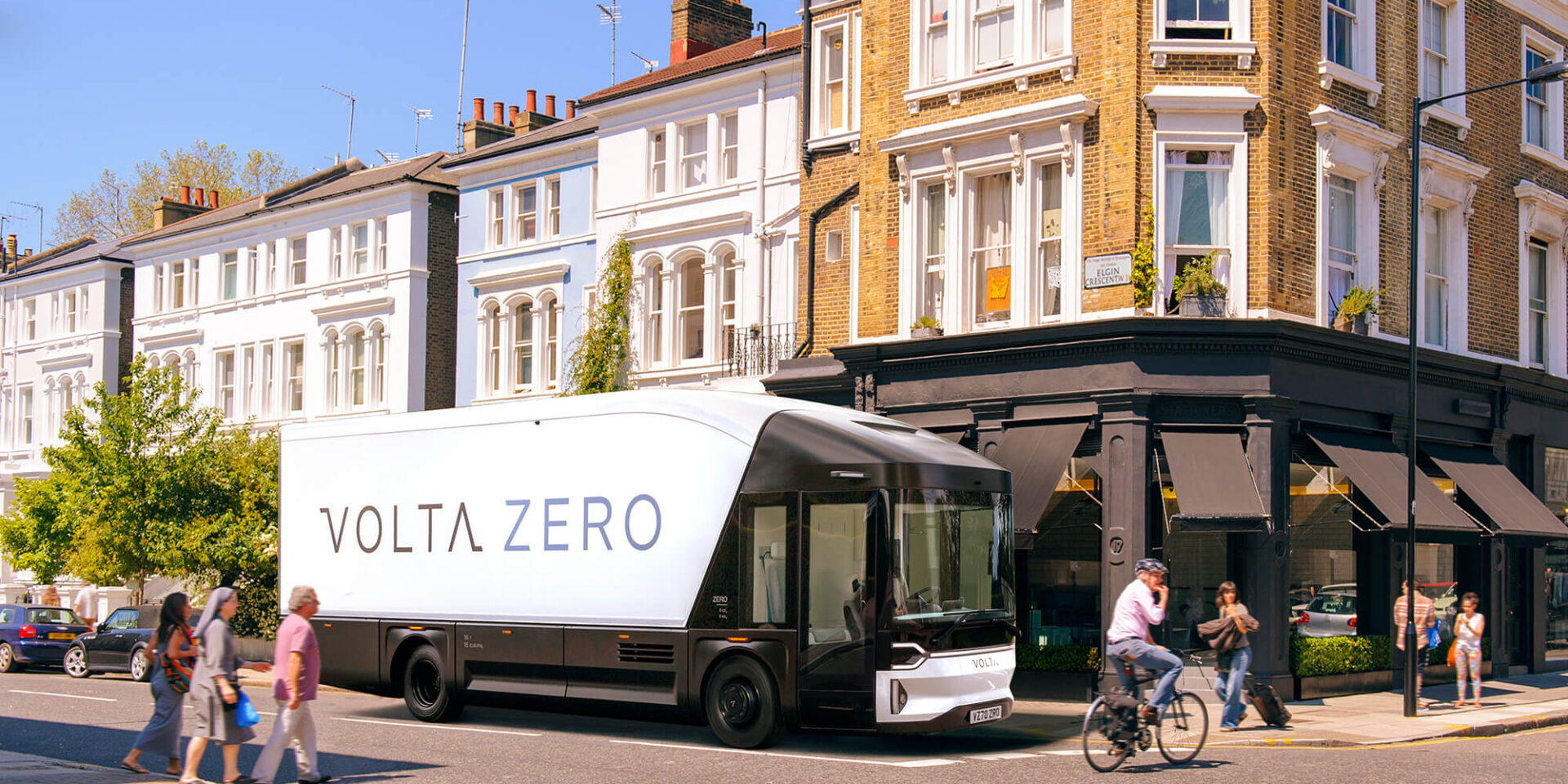1. Electric trucks future proof fleets against legislation changes.
Legislation, influenced by national and city government concerns about climate change and clean air, is changing rapidly as policy makers seek to reduce emissions. Authorities in cities worldwide are tracking and changing the terms of engagement for the automotive sector, and trucks are firmly in focus for those changes. In France, Paris was the first metropolitan area to establish a low-emission zone (LEZ), to reduce air pollution from the city’s transport mix. At the end of 2023, Paris and other large cities will ban diesel internal combustion engine trucks and by 2030, under the current implementation plan, only battery-electric and hydrogen fuel cell vehicles will be permitted to enter the LEZ.
2. Electric trucks deliver lower maintenance costs.
Electric vehicles have much lower maintenance costs. EVs do not require upkeep for high-cost maintenance items like oil and filter changes, exhaust after-treatment systems, and diesel emission fluid (DEF) replacement. Maintenance and repair of internal combustion engine components like spark plugs, fuel injectors, carburettors, water pumps, belts, and transmissions are all no longer needed. The highly respected California Air Resources Board estimates that a Class 8 electric truck (with a gross vehicle weight of more than 14,969kgs) will cost 4.7 cents a mile less to maintain than its diesel counterpart. Over the lifetime of a typical medium- or heavy- duty vehicle fleet, these reduced maintenance costs could result in hundreds of thousands of dollars in savings.
3. Electric trucks have lower fuel costs.
Along with lower maintenance costs, electric vehicles have much lower fuel costs, helping to reduce the Total Cost of Ownership (perhaps better referred to as the Total Savings of Ownership for an electric truck). The electricity costs for charging with electricity are typically four-to-five times cheaper than refuelling with diesel, depending on the particular country. In Europe, a litre of diesel typically costs around €1.10 versus 20 – 24 Euro Cents per KWh of electricity. So, if a truck covers 40,000 kms per year, fleet operators would spend approximately €44,000 on diesel fuel versus approximately €8,000 on electricity.
4. Meeting customer’s sustainability goals as part of procurement processes.
Procurement processes increasingly require strict environmental and sustainable criteria to be met. By having an electric vehicle truck fleet, businesses will score highly on procurement with key clients.
5. Delivering against your company’s sustainability goals.
Adding electric trucks to your fleet will enable your company to meet Corporate Social Responsibility targets, which are now a key business metric for investors, public sector and business partners.
6. Financial incentives available.
Worldwide governments are increasingly making subsidies available for purchasing electric trucks as they push to meet emissions and clean air targets., whereas there are no subsidies or incentives available for internal combustion engine trucks. For example, the French government offers hauliers a direct incentive of €50,000 for the purchase or long-term rental of an electric or hydrogen truck. The grant can also be combined with an additional state support package – a deduction in taxable income that can be claimed when purchasing a heavy commercial vehicle using clean energy. This means if a company buys an electric truck, the two combined subsidies can amount to €100,000. In the UK, fleet managers are also eligible for a grant that covers 20% of the purchase price, up to a maximum of £16,000, which is available for the first 250 orders placed.
7. Designed for electric, designed for safety and sustainability.
Electric trucks can be designed around new battery electric platforms which make them more sustainable, safer, and optimised for load-carrying capacities. With bespoke electric truck designs, there are also packaging benefits and space savings compared to electric conversions of diesel vehicles. For example, with a typical electric conversion, the driveshaft still runs the length of the vehicle connecting the separate motor and rear axle. In electric trucks built from the ground up, like the Volta Zero, the use of an integrated and compact eAxle means that the battery can be located in the safest possible location between the chassis rails, rather than vulnerably in the outriggers of the truck.
8. Better driver experience.
Electric vehicles are quieter and cleaner to drive. With no gear changes, and no noise from the internal combustion engine, electric trucks offer a stress-free and more enjoyable driving experience. The fleet operator can also satisfy themselves that the vehicle, and their fleet, has no emissions, their driver has a premium working experience supporting recruitment and retention, and the adoption of electric vehicles is helping to create a better environment for those who work and live in city centre environments.
9. Future proofing business.
Electric trucks are clearly the direction that major OEMs and fleets are going in, and fast. By transitioning to electric, fleet managers are future proofing their businesses now, and creating a competitive advantage over their competitors.
10. Historic shift to smart business.
There is a historic shift happening across three sectors: energy, transport, and digitalisation. The shift to e-mobility and electric trucks brings these three historic transitions together. By migrating their fleets to electrification, fleet managers are placing their business at the heart of the e- mobility, decarbonisation, and data revolution, positioning their fleet at the centre of a new era of smart business.

